Laura Gorostiaga
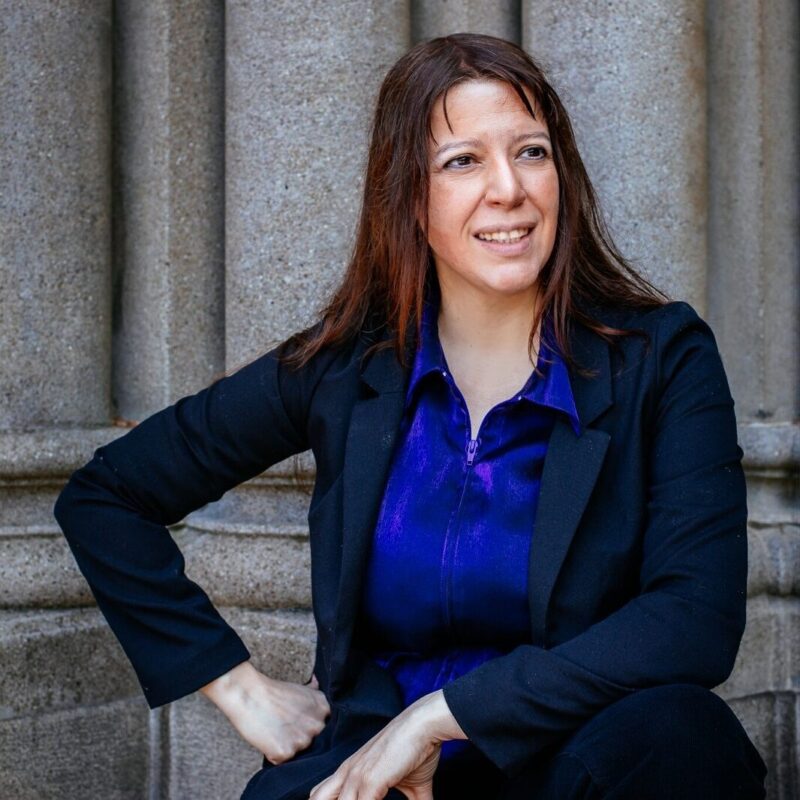
Hi Laura! You have read a MSc. in Industrial Electronics and Telecommunication at UPM, how was it and why did you choose that education?
A lot of the people in my generation were inspired by reading science fiction books, such as I Robot by Isaac Asimov, 20,000 Leagues Under the Sea by Jules Verne and others. In my case, I was strongly inspired by reading the novel Contact, written by Carl Sagan in 1985.
This is an interesting novel because it has a female protagonist with a special scientific mind and stubborn as a donkey, she never gives up pursuing her goals in spite of all the challenges that come into her path. I liked the quality of the character and identified myself at least with this attribute. I considered stubbornness as an important quality if you decide to study engineering science. And you can build a scientific mind on the way if you don’t start with this at the beginning.
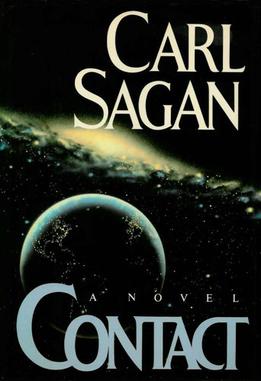
I do not want to spoil the book, but reading it in the very beginning of my life, with all the technological stuff in the history, motivated me to get involved early into the academic fields of mathematics, physics, electronics and especially into the telecommunication area.
Basically I decided to study Telecommunications because of all the concepts they were talking about in the book. Such as Radio Communications, Cryptography, Transcendental Numbers, Interplanetary Scintillation Array Radio Telescopes, Wormholes, Radio Astronomy, Pulsars, Quasars and more.
What was the best during your studies?
I have fond memories of my time in high school regarding my classmates and professors. We were the generation of the transition into the new era of the Internet.
In this crucial time, I was lucky to have been surrounded by the nicest human beings, curious classmates and excellent professors, who caused a great impact on my life. I am so thankful to have been admitted into that High school program, which was very useful and effective to prepare myself for the university admission exams.
Mathematics, physics, and electronics were all my favorite’s subjects.
Soon after your graduation, you started working as a certification engineer in Telecommunications projects and Energy Performance in Buildings, in what way did you use your studies in engineering in that work?
Oh yes! I worked for several years in Telecommunication and IT consulting services and at the same time, I was studying my MSc at UPM in Madrid, Spain. After graduation, most of the people complement their education with courses oriented more to the labor market. So years ago I attended a course with my colleagues in “Energetic Performance Certifications” dictated by the union in Spain. It really helps me to get into this world and I liked it.
Of course, the nature of my Master’s degree in Telecommunication Engineering has also prepared me for the experience that I have had in certifying Radio Base Stations antennas. In our team we did make the Parallelepiped calculations in the projects, to meet requirements for the Spanish legislation about the radio electrics emissions. It was an awesome and fantastic experience that I feel lucky to have been a part of.
There is a great absence of girls in engineering. How do you think you can change it?
We have to change this! And making this kind of interview is a good way to inspire people to get into the academic world. However, to make it more effective it is convenient to start during childhood. We can start in our immediate surroundings. Like in our towns and villages or in our neighborhoods. And also with our friends and immediate family members. Like in my case my niece! I encourage her by giving her didactic toys, in order to show her that girls can excel in these fields. And also provide her with an opportunity or a tool to spark her passion.
Another thing that I will do is encourage my company to join IGEday. So that we can contribute altogether to produce this big change gradually, and hopefully, soon reach a great level of diversity and inclusiveness in science and engineering.
What advice do you have for young students at the beginning of their engineering studies?
In my university time, I was worried to pass all the examinations in my way. A piece of advice for young students should be to find a way to enjoy the journey of learning as much as they can, instead of being worried about minor things all the time. But of course, sometimes you have challenges in the learning process, but they will only make you grow. If you fail, you learn and you will succeed next time! Do not be afraid to commit mistakes, we can all always learn from failure.
Who are your role models?
If I have to mention just a couple of names I have to start mentioning my mother, Francisca, who is the most inspiring person, and the most brilliant and courageous radiologist woman I have ever met in my life.
Second, comes Nikola Tesla, who from the very start of his inventing career inspired many people to persist through hardship. And by his determination in which he had made up his mind to use his inventions for his desire to help other people.
But I have of course other persons on my list such as Marie Curie. I admire her for her bravery, intelligence, and determination. She was an amazing person who took risks to do research, which improved our technology and our knowledge of radioactivity. Carl Sagan, for how he portrayed our vast universe in such an awesome and humbling way. Hedy Lamarr and George Antheil for the frequency-hopping spread spectrum invention. And last but not least Ada Lowelace Byron who was the first programmer in history!
Lastly, do you have any podcast, book, youtube clips, movie or similar that inspires you and you want to share?
Oh yes! I have a Youtube favorite clip to share.
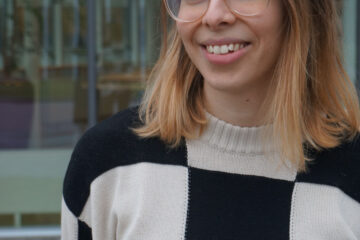
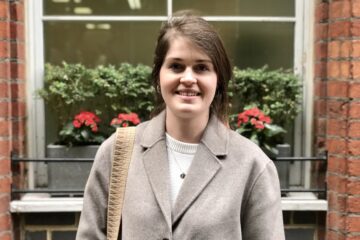
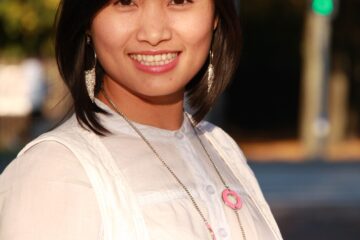
0 Comments